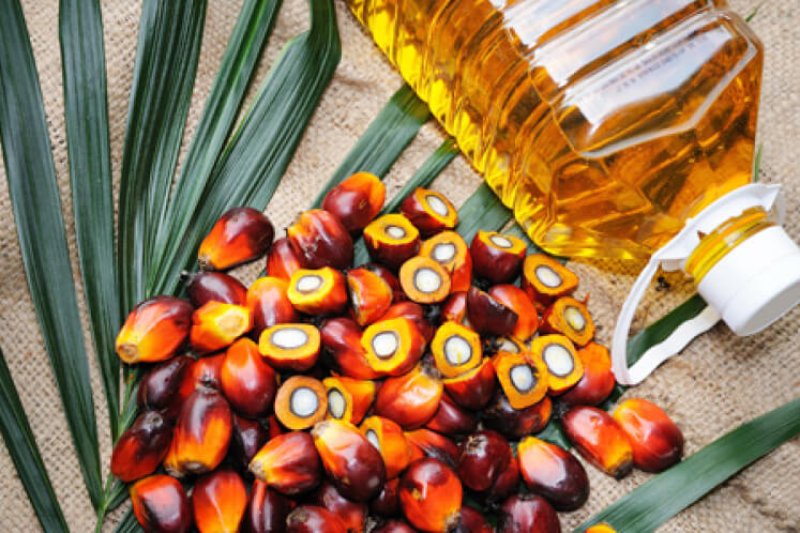But now the biotech industry says it has come up with a solution – a synthetic alternative that doesn’t involve burning down or clearing any rainforest. It says this could eventually replace natural palm oil in everything from shampoos, soaps, detergents and lipsticks, to food products like packaged bread, biscuits, margarine, ice cream and chocolate.
…
Research is still in a pre-commercial stage, but there’s been high-profile interest in its potential. Earlier this year, C16 Biosciences, a three-year-old start-up based in New York, received a $20m (£15m) investment from Breakthrough Energy Ventures, a fund backed by Bill Gates.
“It’s a yeast, we feed it sugars, then the yeast grows and they’re able to produce large amounts of oil within their cells, and we have to squeeze out that oil or extract it,” [C16 founder Shara] Ticku says.































